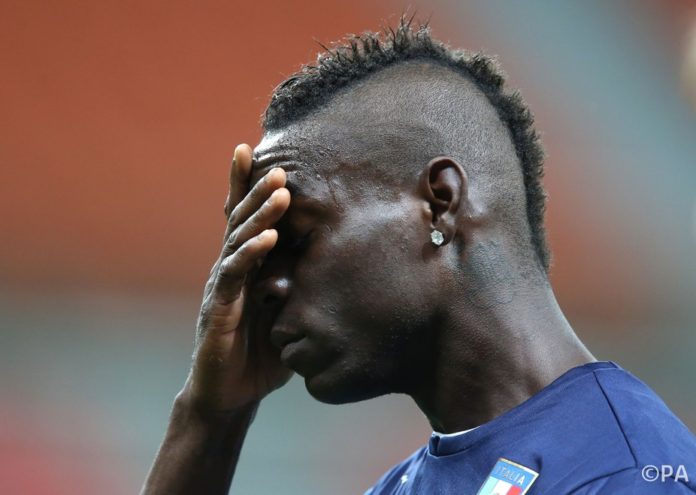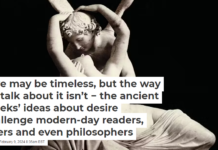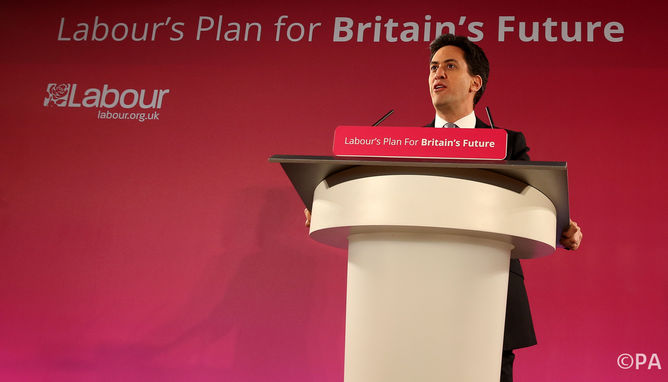
By Daniel Kilvington, University of Sunderland
Controversial Liverpool striker Mario Balotelli is in hot water. Despite being the victim of online abuse, he has become a perpetrator of racist humour.
Earlier in the season, the Italy forward faced a barrage of racist abuse online after he posted a tweet that angered many Manchester United fans following their 5-3 defeat to Leicester City.
Now, the boot is on the other foot: it is Balotelli who has been accused of spreading hateful content via social media. Balotelli, via his Instagram page, reposted another user’s image of computer game character Super Mario.
Although the caption attached to the image led with: “Don’t be racist!” and appeared to celebrate Mario, it went on to perpetuate racist and anti-Semitic stereotypes. As well as remarking that Mario is Italian but created by a Japanese company and speaks English, it also said he “jumps like a black man” and “grabs coins like a Jew”.
Balotelli may have posted the picture with the best intentions, but these stereotypes, which are arguably embedded within popular culture, reinforce notions of race and difference.
The political-correctness-gone-mad brigade would argue that freedom of speech must be protected but we also need to make the distinction between banter and hate speech.
The offending post.
Instagram
Many people suggested that the election of Barack Obama in 2009 marked the beginning of the post-race era. Race would no longer act as a barrier to success. But if race no longer carries the same power, it would no longer be possible to “play the race card” when faced with difficulty and racism could be passed off as harmless humour.
Although the post could be considered humorous, Balotelli quickly deleted it after receiving complaints. He had initially responded with: “My Mom is Jewish so all of you shut up please”. This is a common defence used by those who have been accused of racism – implying that you can’t be racist if you know someone or are related to someone from the ethnic or religious group you are mocking.
A little later, Balotelli offered a more tactful response by apologising on Twitter to anyone who was offended by his Instagram post. He noted that while it was supposed to challenge racism with humour, he understood that “not all black people jump high and not all Jewish people love money.”
Getting embroiled in online disputes seems to be an increasing problem for football players. In October 2014, Rio Ferdinand was hit with a £25,000 fine and a three match ban for using the sexist term “sket” on Twitter.
The former Manchester defender was also fined £45,000 for labelling Ashley Cole a “choc ice”. This racist term was used by another Twitter user but Ferdinand responded, using the phrase and calling it “classic”.
Balotelli may face similar sanctions for this latest incident but it is perhaps less clear cut. The seriousness of this offence is subjective. Some may understand the post to be banter while others may view it as racist.
Athletes are in uncharted territory now that social media offers them the opportunity to interact with fans. They are role models and often influential people. Balotelli has almost 3.5m followers on Twitter while Ferdinand has just under 6m.
Yet it seems like they are not being properly trained to use this potentially powerful tool. Are clubs being proactive in training their staff on the benefits and perils of social media?
Social media is booming in football so the FA, the PFA, anti-discrimination bodies and football clubs need to join forces to educate players and team staff on social media in order to avoid yet another Balotelli-type incident.
![]()
This article was originally published on The Conversation.
Read the original article.




















